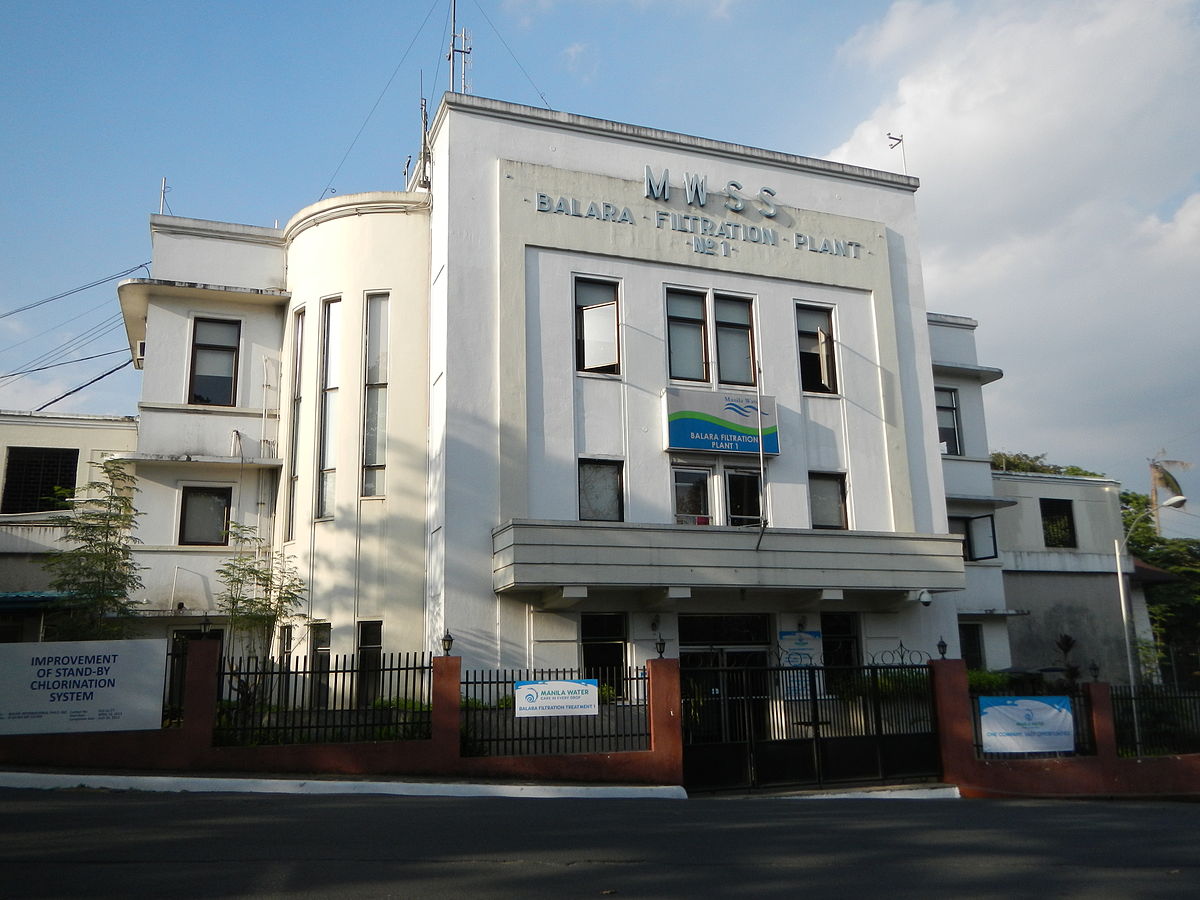Headline
MWSS calibrates disaster preparedness program

The MWSS also expects to complete by June 2022, Aqueduct 7 and Tunnel 5 which are now on stream to provide another 1,600 MLD to flow towards La Mesa reservoir. (File Photo By Judgefloro – Own work, Public Domain)
MANILA — The Metropolitan Waterworks and Sewerage System (MWSS) is continuously fine-tuning its disaster preparedness program for the Big One in the wake of the 6.1 magnitude earthquake that rocked Metro Manila and neighboring provinces last month.
In an e-mail to the Philippine News Agency (PNA) Saturday, MWSS administrator Reynaldo V. Velasco said K-Water and its local partner San Miguel Corporation (SMC) cited that the Angat Dam and Dyke Strengthening Project is a big step toward ensuring the structural integrity of Angat Dam to withstand a 7.2 intensity earthquake.
Being fast-tracked under the new water security roadmap are the following projects: 150 MLD Putatan (2019); 100 MLD Cardona (2019); 188 MLD Sumag (2020); 50 MLD Rizal Wellfield (2020); 80 MLD Calawis Wawa (2021); 100 MLD Putatan 3 (2022); and 250 MLD Lower Ipo.
There is also the 600 MLD Kaliwa Dam project, which was started in 2017 and is expected to be completed in 2023.
Being eyed as medium-term water source projects from 2023 to 2027 are the following: 420 MLD Wawa Dam; 250 MLD East Bay; 350 MLD Bayabas Dam; 550 MLD AngatNorzagaray Phase 2; 250 MLD East Bay; 750 MLD Sierra Madre; and 1,800 MLD Kanan River Phase 1.
To complement the New Water Security Roadmap (2019-2022) is the need to fast-track the completion of Aqueduct 6 and Tunnel 4, both expected to be operationalized by January 2020.
The MWSS also expects to complete by June 2022, Aqueduct 7 and Tunnel 5 which are now on stream to provide another 1,600 MLD to flow towards La Mesa reservoir. The completion of these aqueducts and tunnel system will optimize the flow of excess water from Angat to La Mesa Dam.
Immediately after the earthquake last month, Velasco dispatched MWSS teams of engineers to inspect the Angat, Ipo and La Mesa dams of any damage.
“Despite the challenges and difficulties that may arise, we have to be aggressive in putting on track our disaster preparedness program as well as in developing dependable alternative new water sources since 96 percent is supplied by Angat Dam. It is not the difficulties that will cripple us in our pursuit but the way we view our difficulties and our choice of priorities,” Velasco said.
To ensure the structural integrity of the Angat Dam, the MWSS chief said major projects have been undertaken such as Flood Forecasting and Warning System on Dam Operation amounting to PHP260.91 million; and, Flood Control Protection Works (downstream of Angat) amounting to PHP292.39 million which have been completed at a total cost of PHP553.30 million under the Angat Dam and Dyke Strengthening Project (ADDSP). The ADDSP is project under MWSS water security roadmap.
Velasco also underscored the need to closely collaborate with all stakeholders, especially with its concessionaires Manila Water, Maynilad and Bulacan Bulk Water, pointing out that the water shortage being experienced in the East Zone last month demonstrated how teamwork can address a crisis.
“Cross-border sharing between Manila Water and Maynilad was among the short-term solutions to the water crisis,” Velasco said, adding that “the water crisis also resulted in the activation of deep wells to augment dwindling water supply.”
He stressed the need for a pragmatic and doable water security plan to cushion the effect of an earthquake that could potentially damage Angat Dam, the primary water source for Metro Manila and the provinces of Rizal and Cavite.
“The need for a new water security plan is now a major concern of the Philippine government and let me emphasize that it’s only under the leadership of President Duterte that an honest to goodness, pragmatic and doable water supply projects are being put in place. More so for the Philippines with growth centers like Metro Manila that greatly depend on one water source like Angat Dam,” Velasco said.
In a joint meeting between the National Disaster Risk Reduction Management Council (NDRRMC) and Earthquake Resiliency Team for the Water Sector, a total of 109 existing deep wells were identified that could be re-activated in case of disaster which are operated by Manila Water and Maynilad.
To ensure clean water, regular maintenance check-up is to be conducted, Velasco pointed out.
A draft Memorandum of Agreement between MWSS through the concessionaires and the National Water Resources Board (NWRB) mandates for the periodic monitoring of water quality.
In case of a disaster, there are nine available mobile water treatment plants, 43 static water tanks, and 79 mobile water tankers that can be deployed. There are also 64 water reservoirs with a total capacity of 1,222 MLD.
The Maynilad facility reservoirs have a 711 MLD capacity while that of Manila Water is 511 MLD.
The MWSS has also crafted a water security roadmap that will provide potable and sustainable water supply in the next five, 10 and even 50 years with at an increase of at least 1,518 MLD by 2022, Velasco said.





















